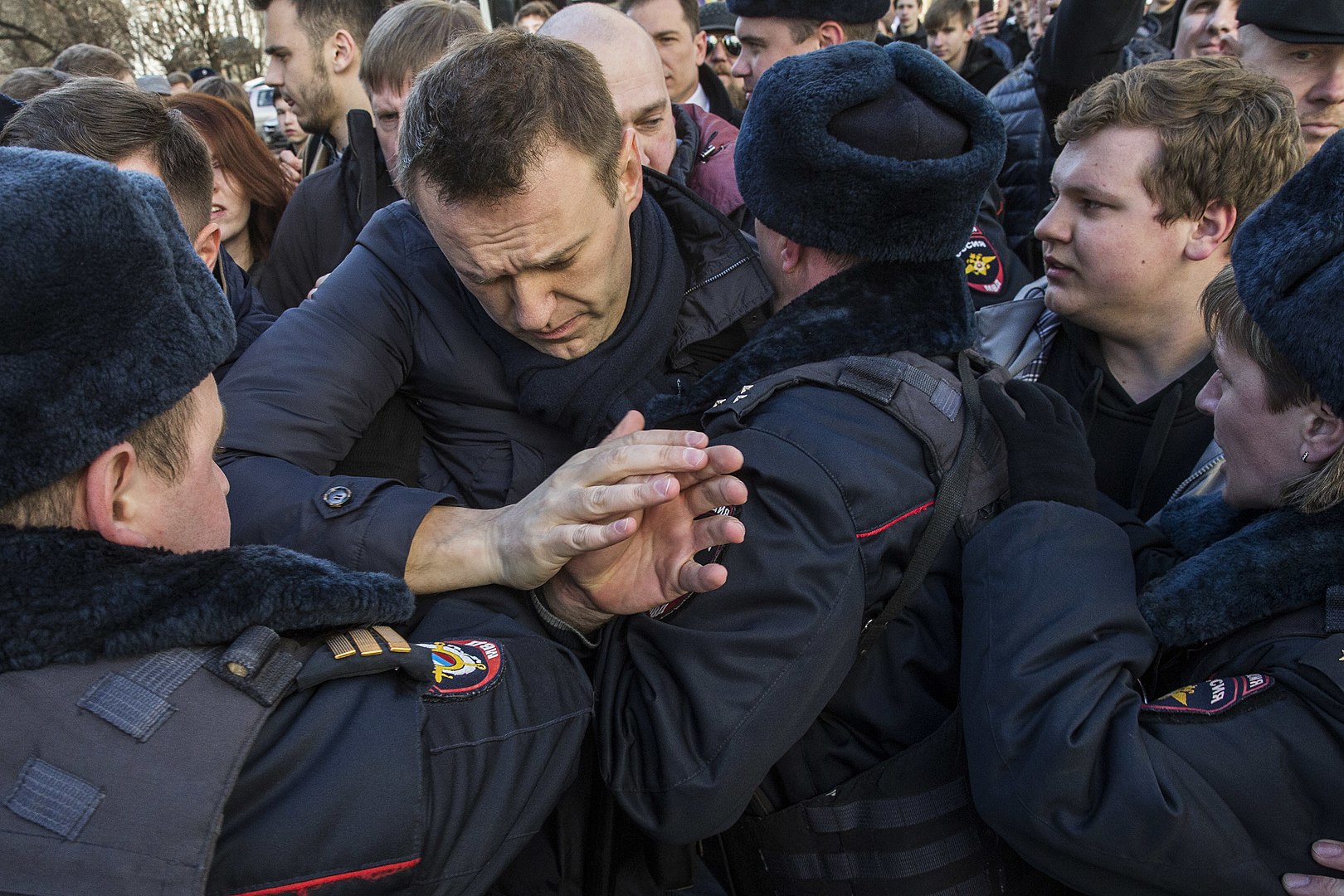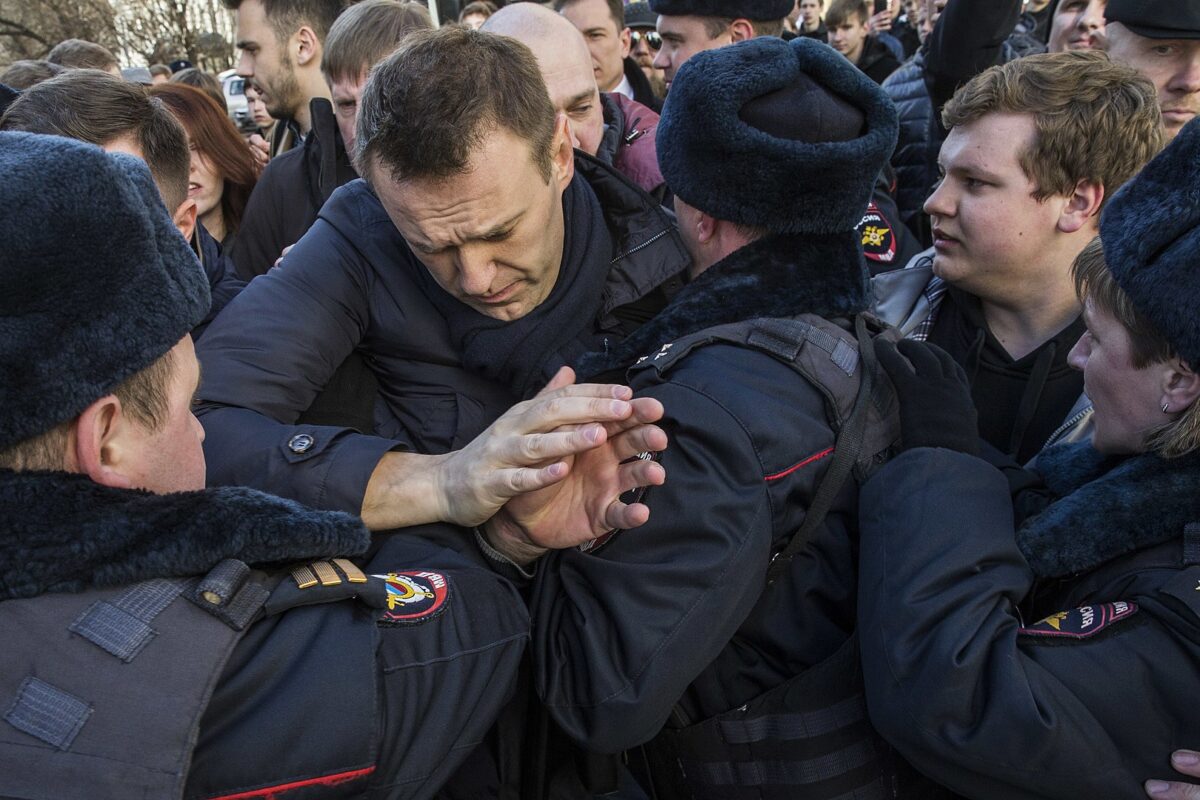Politics is a nasty business.
Whether you live in a liberal, secular democracy like Canada or in an authoritarian state like Kyrgyzstan, whenever the population is allowed to weigh in on who should run the country the sparks are bound to fly. Look at any election over the past, oh I dunno, 200 years, and you will witness nastiness. Political parties of all stripes jump into the gutter to outdo each other with allegations and accusations with little relationship with the truth.
Here is a great example from my land. In 1993 the campaign team of then Canadian Conservative Prime Minister Kim Campbell featured an ad in which voters were shown an unflattering photo of Liberal candidate Jean Chretien and asked whether he was fit to lead the nation: NB Chretien has partial facial paralysis as a result of Bell’s palsy. The public went apeshit at the vulgarity of this promotion and the ad was pulled.
And that was far from the only example.
Whether it was ‘debate’ over US President Barack Obama’s birth certificate or accusations that presidential Michael Dukakis had allowed a convicted killer, Willie Horton, out only to have him rape a woman and stab her partner, it has alas become acceptable to put just about anything online or out there, the truth be damned. Even if many protest the ad afterwards and those posting it agree to withdraw it, the damage has been done in many cases. Ergo, a successful strategy to sow doubt in the minds of the electorate.
It is one thing to spread puerile falsehoods against one’s opponent – hello just about everything that exits Donald Trump’s mouth and appears on his Twitter account! – but it is quite another to label him or her a ‘terrorist‘.
Yet this is exactly what is happening in many parts of the world, as these cases illustrate:
- In the West African nation of Benin, opposition politician Reckya Madougou was sentenced just last week to 20 years in prison for terrorism. The former justice minister had been accused of orchestrating an operation to assassinate political figures, prevent elections and destabilise the country, allegations which she denied. The politician and former justice minister had tried to be a candidate in last April’s presidential elections but her candidacy was rejected;
- In September 2021 Paul Rusesabagina, a Rwandan ‘hero’ for his actions as the manager of Hotel Rwanda back in 1994 when he helped to protect more than 1,000 people who had sought shelter from the rampaging Hutu mobs which killed more than 800,000 Tutsis, was sentenced by a court to 25 years for terrorism. Rusesabagina had become a vocal critic of the Rwandan government of Paul Kagame, which has forced many oppositionists to flee the country (Rusesabagina himself was living in exile in the US and his family claims he was taken back to Rwanda by force);
- Back in 2016 a court in Kyrgyzstan sentenced controversial opposition figure Nurlan Motuev to seven years in jail on terrorism-related charges. The court ruled he had publicly supported terrorism and incited ethnic, racial, and religious hatred. Motuev ran for president in 2009 election and had been part of various opposition groups in recent years before establishing a group in 2012 called the Patriotic Movement, which has called for the nationalization of Kyrgyzstan’s mineral resources.
The list is much longer.
Jehovah’s Witnesses in Russia have been called ‘extremists‘. Sticking with Russia, last June a Moscow court declared the political and anti-corruption networks of jailed opposition leader Alexei Navalny “extremist” organisations, effectively equating them with the Islamic State (ISIS), Al-Qaeda (AQ) and the Taliban in the eyes of Russian authorities. Simply put: if you stand up against me I will call you a terrorist.
I am not sure when this trend began but it seems to me that it picked up speed after 9/11. In the wake of that horrendous day where even French citizens came out in force to declare “Nous sommes tous americains” a lot of nations saw an opportunity to use the terrorism label to designate individuals and groups and seek support for crushing all dissent. When the Bush administration declared a ‘war on terrorism‘, followed not long after by its creation of an ‘Axis of Evil‘ (founding members were North Korea, Iran and Iraq), the fire had been lit to justify all kinds of actions against those who (may or may not) have used violence in a political arena.
At the time no one, especially the US which was reeling from the scale of this act of political violence, was keen to question or push back against these positions. On the contrary: the US needed more allies to aid in its struggle against terrorism and was willing to turn a blind eye to those pesky ‘human rights‘ (hello Guantanamo Bay!). Erstwhile enemies (Russia was a great example: I attended G8 meetings in Moscow in the 2000s to discuss counter terrorism cooperation) were now ‘allies‘. To many the ends – i.e. the deaths of terrorists – inevitably justified the means. And those means were sometimes deployed against those who had little to nothing to do with terrorism.
The lack of international scrutiny and action inevitably encouraged many leaders of dubious democratic reputations to jump on the bandwagon and use the ‘T’ word to call out and damn those who opposed them. Whether or not these oppositionists themselves played fairly by the Marquis of Queensbury rules, and let’s face it which person running for office does these days, calling them terrorists has almost always not been warranted. This very act gave governments broad leeway to deal with them using whatever tool they desire. And this practice is continuing as the recent cases in Africa demonstrate.
All in all we are losing the thread on what terrorism is and what it isn’t. A possible planned school shooting in Knox County, Tennessee is called an act of terrorism. A UK man found with explosives is charged with terrorism despite the complete lack of any information suggesting an underlying ideology. Neither of these, and many more, are terrorism, at least not in my eyes based on my more than two decades of experience in the matter.
I know that terrorism terrifies us. The two terms are linked by the underlying root ‘terror‘ after all. This does not mean that we can allow ourselves to widely and inaccurately apply this label to anything we fear, or don’t like. Not pushing back against regimes which use this term to eliminate those who challenge them is a dangerous road to pursue. It is up to all of us, not just our leaders who, it must be said, are too timid to man up, to call this abomination what it is.
Read More about Elections

I don’t like you; you must be a terrorist
The disturbing practice of calling opposition groups and politicians terrorists is not only unhelpful but conducive to the undermining of democracy.
What role, if any, will security issues play in the 2019 election campaign?
I constantly hear the accusation that Prime Minister Justin Trudeau is ‘soft on terrorism’. Where are people getting this idea? How many examples do you want?
Politics may be a blood sport, but death threats are unacceptable
Canadian 2019 Elections: Disliking a candidate or a whole party is one thing. Issuing death threats is another.

